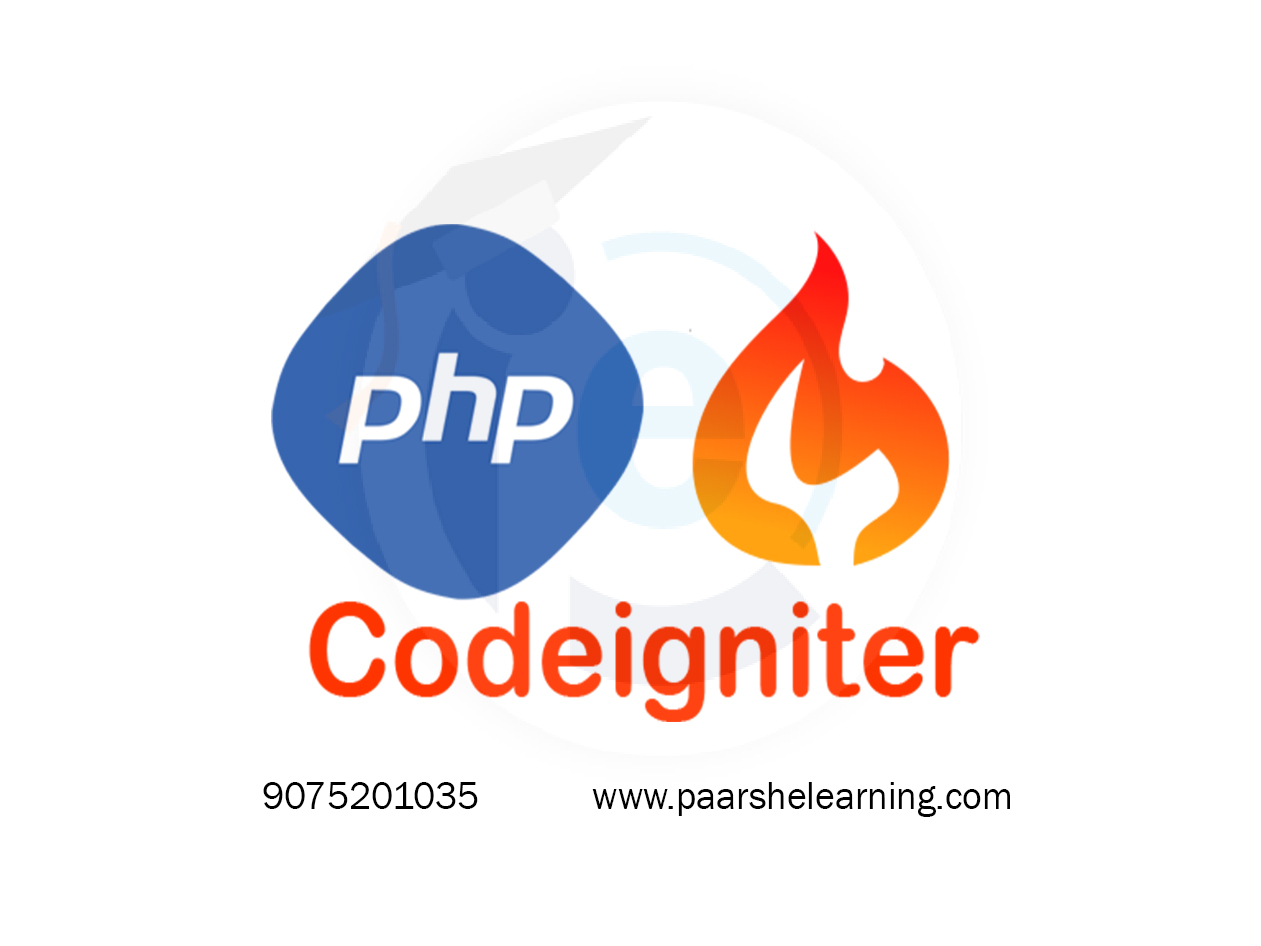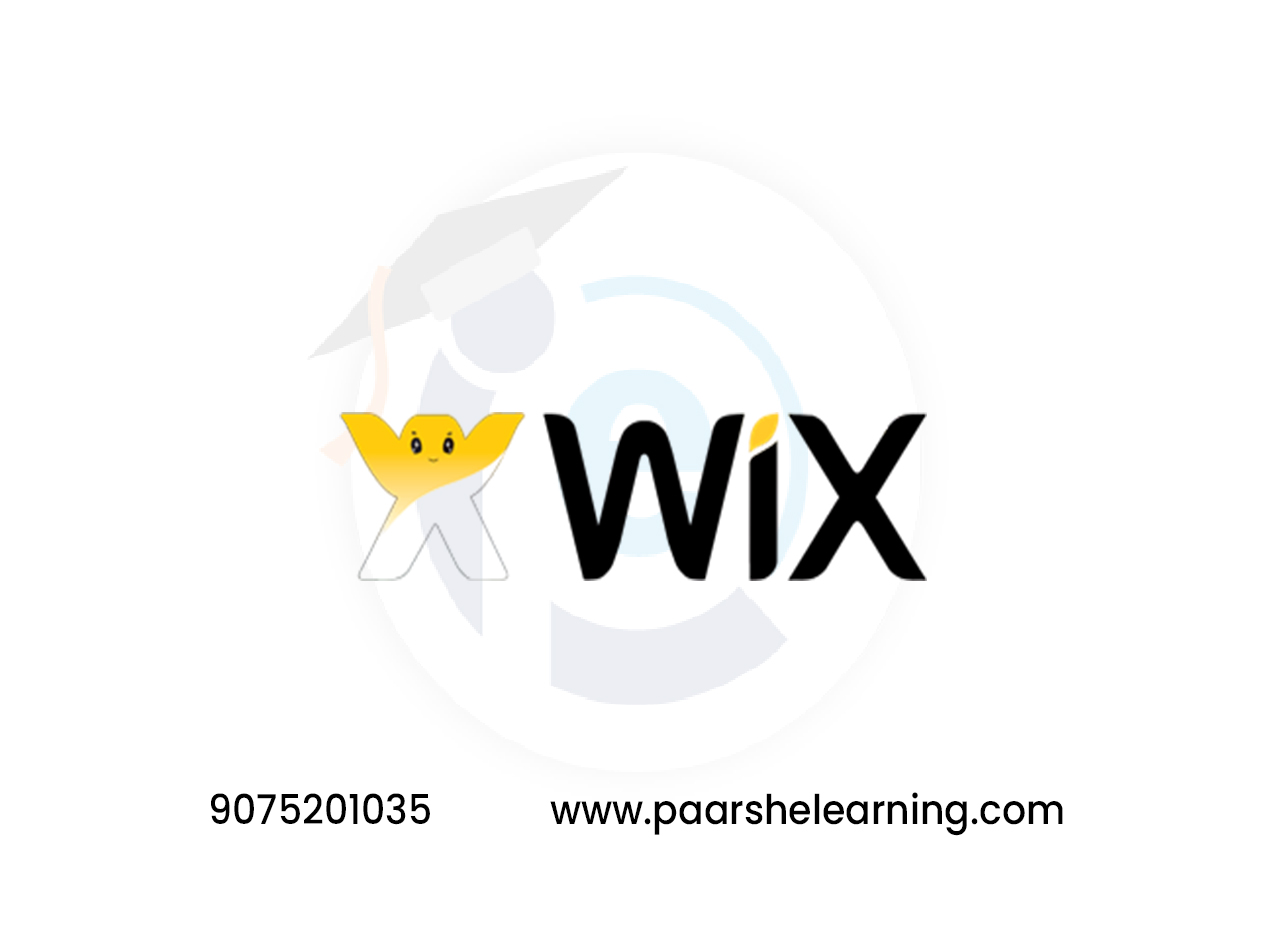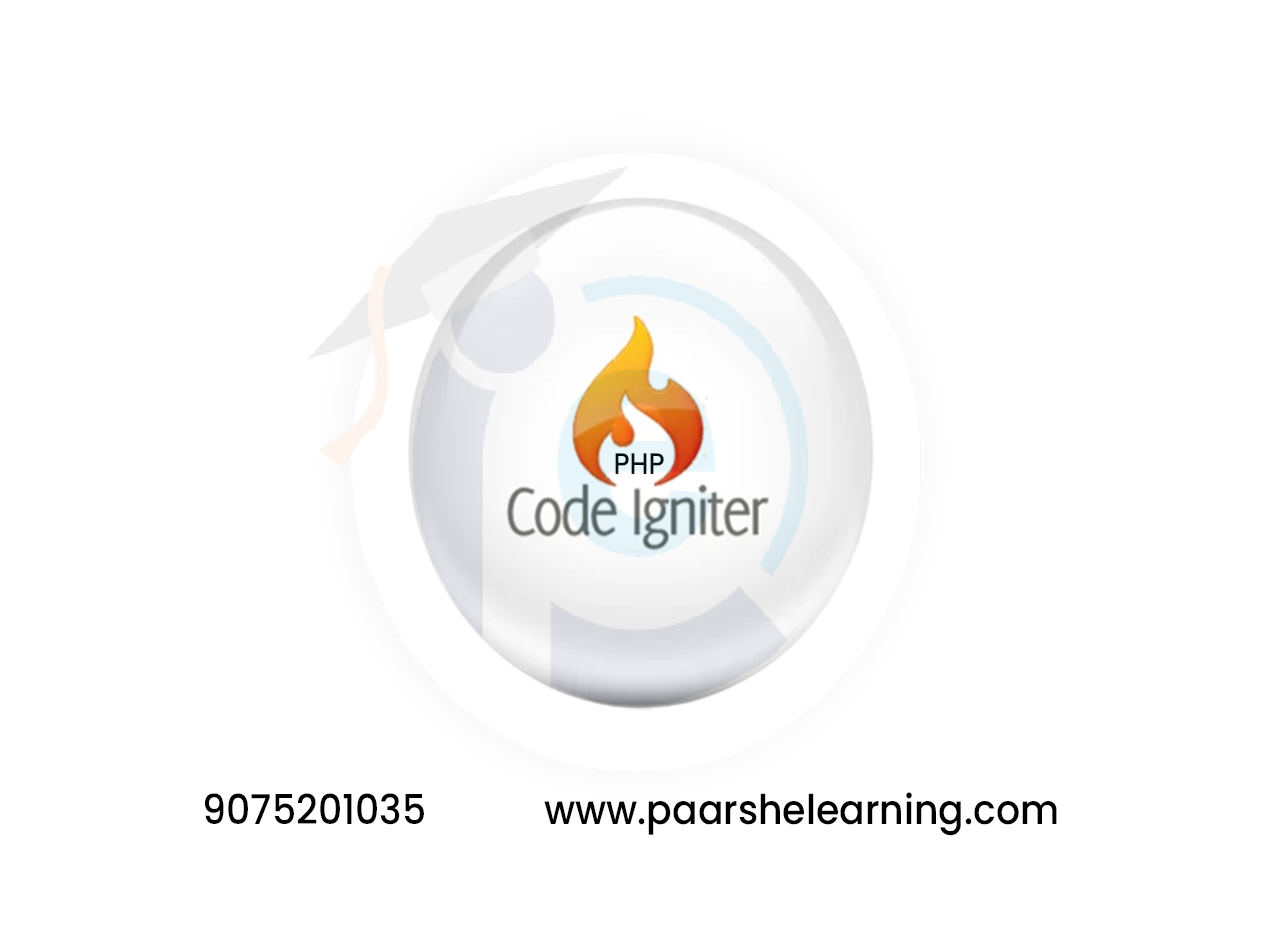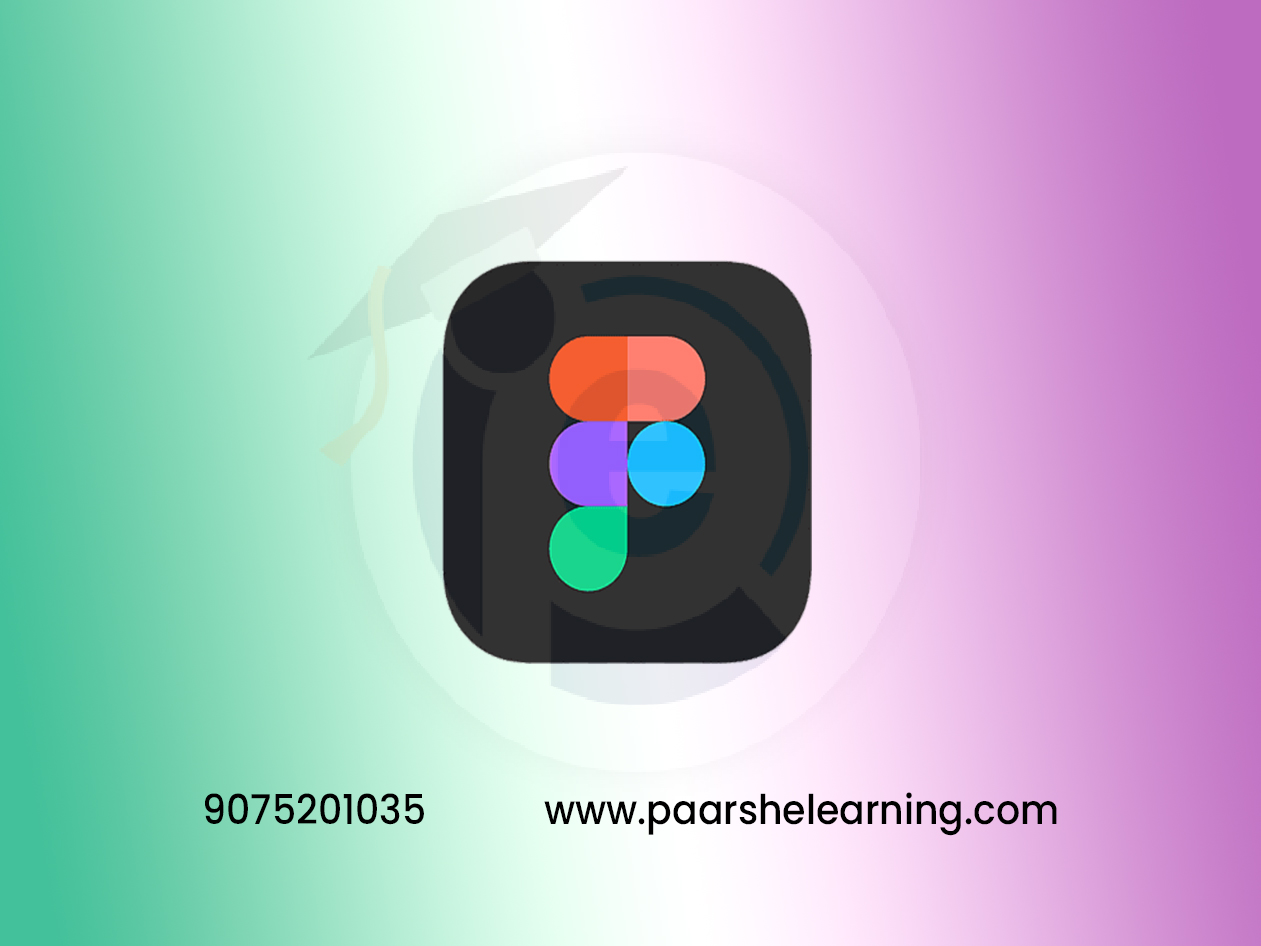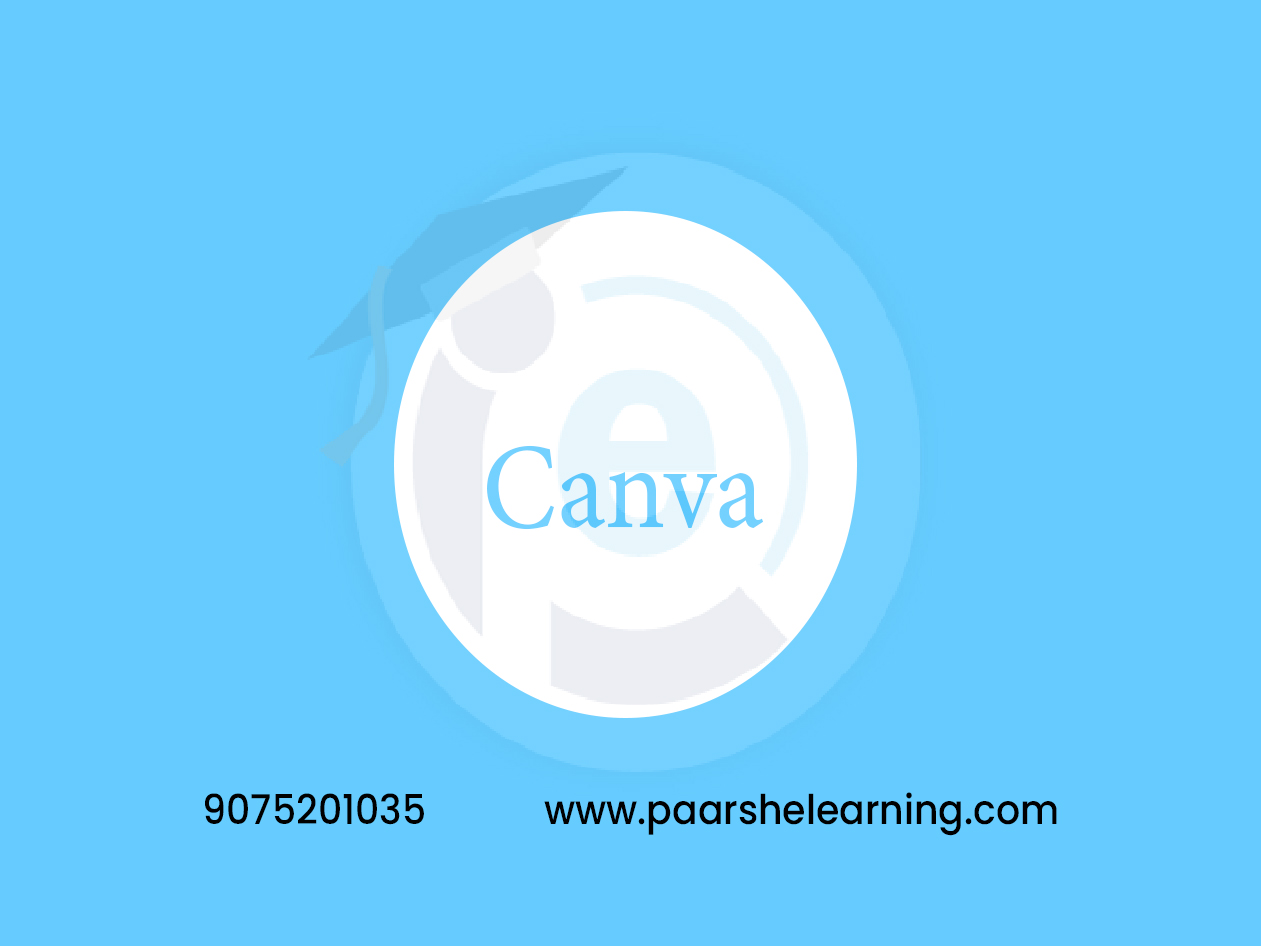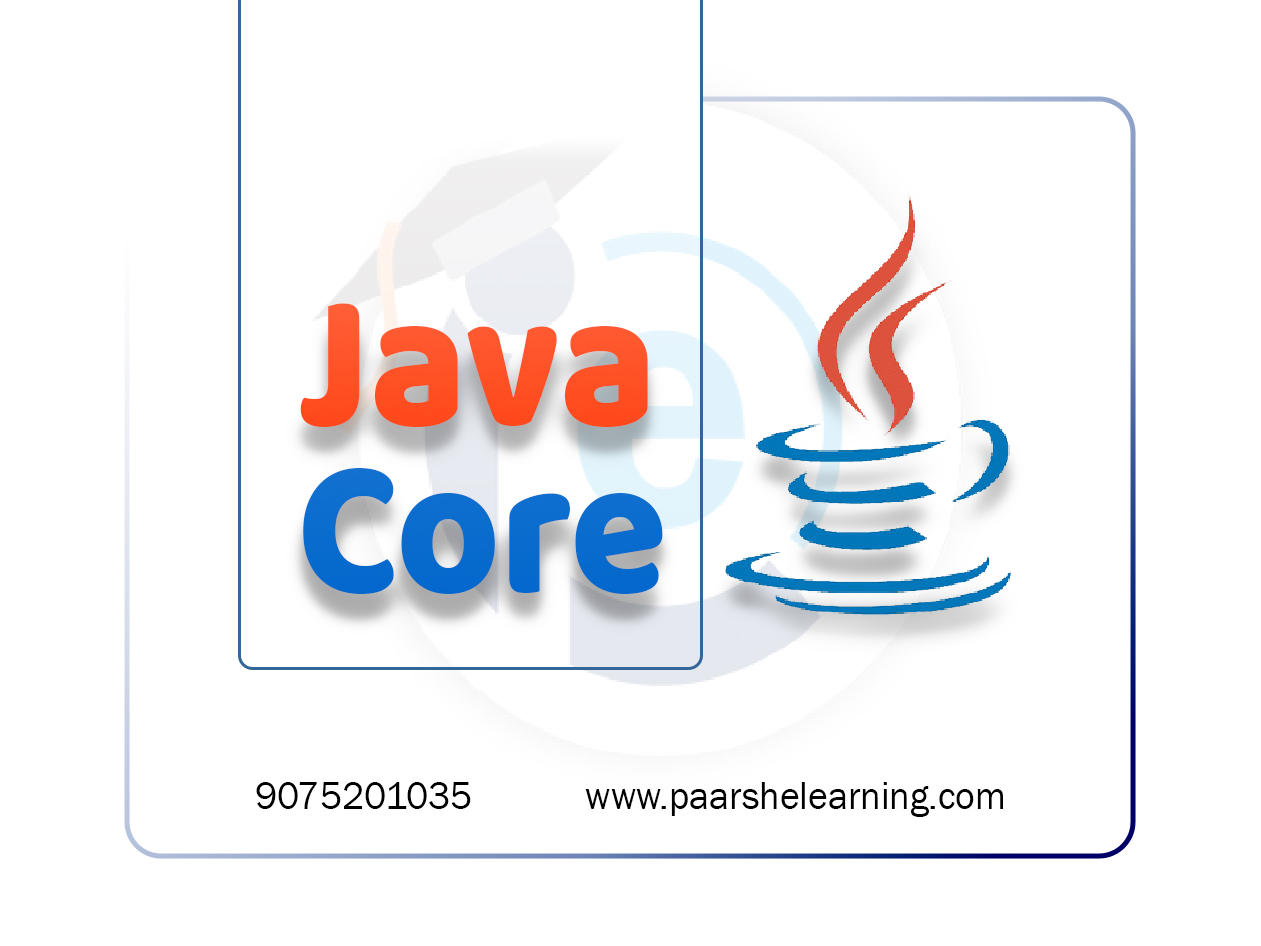- How to install and configure CodeIgniter locally
- How an MVC framework like CodeIgniter differs from "plain" PHP
- Create, Read, Update, Delete (CRUD) for database records
- User registration with account activation by email
- Login with remember me, and requiring login to access content
- User-initiated password reset by email
- Uploading and processing images
- Handling Ajax requests and returning JSON
- Securely deploying an application to shared hosting
- Support directly from the instructor: any question asked in the Q&A section will always get a response
- Support directly from the instructor: any question asked in the Q&A section will always get a response
PHP CodeIgnitor
Course description
PHP CodeIgniter is a popular open-source web application framework written in PHP. If you're interested in learning PHP CodeIgniter, here are some key areas you can focus on:
-
PHP Fundamentals: Develop a strong understanding of PHP programming language concepts, including variables, data types, arrays, functions, control structures, and object-oriented programming (OOP) principles. Familiarize yourself with PHP syntax and coding conventions.
-
MVC Architecture: Understand the Model-View-Controller (MVC) architectural pattern and its implementation in PHP CodeIgniter. Learn how to separate business logic, presentation, and data handling by utilizing models, views, and controllers effectively.
-
CodeIgniter Framework: Get familiar with the CodeIgniter framework, its features, and its directory structure. Explore the built-in libraries, helpers, and drivers provided by CodeIgniter for common tasks like database handling, form validation, session management, file uploads, and more.
-
Routing and URL Handling: Learn how to define routes and handle URLs in CodeIgniter. Understand how to set up clean and search engine-friendly URLs using the routing configuration.
-
Database Integration: Explore CodeIgniter's database library and learn how to connect to databases, perform CRUD operations (Create, Read, Update, Delete), and execute queries using CodeIgniter's query builder or raw SQL statements. Understand database migrations and how to manage database schema changes.
-
Form Handling and Validation: Learn how to handle HTML forms in CodeIgniter and perform server-side form validation using CodeIgniter's form validation library. Understand how to sanitize user inputs and display form validation errors to the users.
-
Session Management: Understand how to manage user sessions in CodeIgniter. Learn how to create and maintain user sessions, set session data, and implement session-based authentication and authorization.
-
Security Best Practices: Learn about security best practices in web development and how to implement them in CodeIgniter. This includes handling input validation, preventing SQL injection and cross-site scripting (XSS) attacks, protecting against CSRF (Cross-Site Request Forgery) attacks, and securing sensitive data.
-
File and Image Handling: Explore CodeIgniter's file and image handling capabilities. Learn how to upload and manipulate files, resize and crop images, and generate thumbnails using CodeIgniter's file and image manipulation libraries.
-
Error Handling and Debugging: Understand how to handle errors and exceptions in CodeIgniter. Learn how to configure error logging and customize error pages. Explore debugging techniques and utilize CodeIgniter's logging and debugging features for troubleshooting and optimization.
It's recommended to work on hands-on projects and practice building web applications using CodeIgniter. Follow online tutorials, and official CodeIgniter documentation, and join the CodeIgniter community to learn from experienced developers, ask questions, and stay updated with the latest features and best practices.
As you gain more experience with PHP CodeIgniter, you can explore advanced topics such as RESTful API development, caching, internationalization, and integration with third-party libraries or services to enhance your skills and develop more robust web applications.
What you will learn from this course?
This course includes!
- Daily Live session
- A recorded session with problem-solving material
- Access on Mobile and TV
- Course Completion Certificate!
- Recommendation Letter
- 100% Job Placements
This course is for
- Advanced PHP Web Developers that want to Learn CodeIgniter
Prerequisites for this course
- Better Knowledge About Core PHP!
Php Codeigniter Syllabus
-
Introduction To Codeigniter
Overview of the CodeIgniter framework Setting up a local development environment Understanding MVC (Model-View-Controller) architecture Creating your first CodeIgniter project
-
Controllers And Routing
Creating controllers and defining actions Routing requests to appropriate controllers Using URI routing for SEO-friendly URLs Passing data to controllers using URI segments
-
Views And Templating
Creating views to display data and content Using template files and layouts Passing data from controllers to views Working with view helpers for common tasks
-
Models And Database Interaction
Creating models to interact with databases Establishing database connections Executing queries using CodeIgniter's Query Builder Using Active Record for database operations
-
Form Handling And Validation
Building and processing HTML forms Using Form Helper to generate form elements Implementing form validation rules Displaying validation errors and feedback
-
Sessions, Cookies, And Security
Working with sessions and user data Using cookies for user tracking and preferences Implementing user authentication and authorization Handling security vulnerabilities and best practices
-
File Uploads And Download
Uploading files using CodeIgniter's Upload Library Handling file uploads, validation, and storage Generating and sending downloadable files Managing file uploads in the application
-
Advanced Topics And Final Project
Working with third-party libraries and packages Integrating RESTful APIs using CodeIgniter Implementing AJAX and dynamic interactions Final project: Developing a web application using CodeIgniter
-
Paarsh E-Learning encourages hands-on practice, assignments, and projects throughout the course to reinforce students' understanding of CodeIgniter framework concepts. Assign practical exercises that involve building web applications, interacting with databases, and implementing various features of CodeIgniter. Cover both theoretical concepts and practical applications to provide a well-rounded learning experience.
